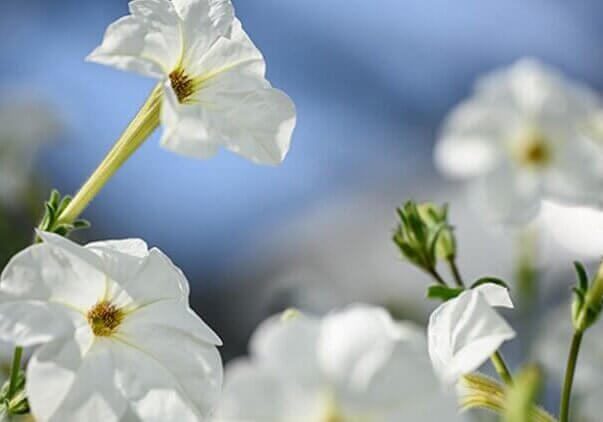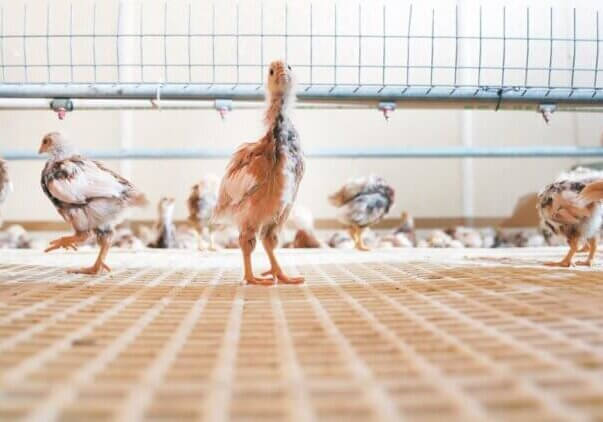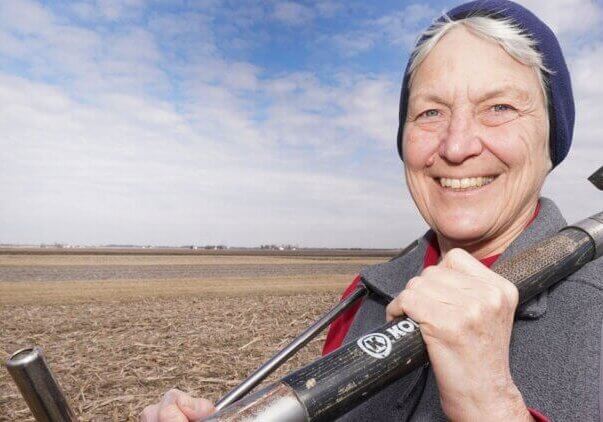W
ine is one of the most popular beverages in the world. According to Fortune Business, the global wine market is a $340 billion industry, and it’s growing every year. The United States is the largest consumer of wine worldwide, with an estimated one in three American adults drinking wine multiple times a week. The world’s passion for wine is reflected by a robust wine-making culture. Across the globe, wine is being produced, consumed, and exported in massive quantities, and the technologies and processes that go into creating high-quality wine are constantly evolving.

For one Purdue student, a passion for wine led to a unique educational experience. Nuo Chen, a senior majoring in physics, is the first graduate of Purdue’s online Winemaking Certificate course – a fully online program that teaches students the essential principles and practices of making wine commercially. The course is taught by Purdue’s first Innovation & Entrepreneurship Fellow Christian Butzke, professor of enology – another word for the science of wine and winemaking.
An Introduction to the Winemaking Industry
By enrolling in the online Winemaking Certificate course, Chen hoped to get a better understanding of the winemaking industry and its commercial practices. Purdue’s new course – taught by an experienced industry professional – is an accessible entryway into the professional side of winemaking.
“I’ve been wine tasting,” Chen said. “But I always hoped to get more in touch with the industry. I connected with professor Butzke last spring, and I was able to complete part of the course over the summer, which worked well with my schedule as an undergraduate student.”
The course is broken into several modules that introduce different issues and processes within the winemaking industry, such as wine production techniques and the technologies used in commercial winemaking. Even though Chen had no prior experience making wine, he found the content accessible and interesting. Chen was particularly interested in how the modules discussed winemaking in a local context, giving him more familiarity with winemaking culture in Indiana, specifically.
“One of the topics the professor focused on was hybrid varieties of grapes,” Chen said. “Most wine comes from European grapes, which are very sensitive to changes in weather, and so don’t do well in places like Indiana. A lot of wine produced in Indiana and surrounding states uses hybrid varieties of grapes, which are designed to be more durable, but a lot of winemaking books don’t cover this.”
Winemaking Certification Features Flexible Online Courses
Chen found the online course delivery convenient and engaging, especially considering that he is pursuing an undergraduate degree in physics and needed a course that would work with his busy schedule.
“The online course delivery was convenient to me as a student and to the professional winemakers and winery owners who participated in the program,” Chen said. “I was able to complete the course at my own pace and learn from busy professionals who had firsthand experience with the industry.”
Though Chen is still planning on graduating with a physics degree, he said Purdue’s Winemaking Certificate made him interested in a career in the winemaking industry. In the near future, he plans to do an internship at a winery and apply what he learned in the course on the job.
“In my internship I hope to learn more about winemaking processes like fermentation and blending,” Chen said. “I’ve never made wine before so I’m really interested in learning more about the behind-the-scenes work at an actual winery.”
Practical Skills Made Accessible for Everyone
Chen said Purdue’s Winemaking Certificate course gave him a deeper appreciation for wine, as well as the technologies and processes that are transforming the industry. Chen runs a blog where he writes wine and restaurant reviews, and the concepts he gleaned from the course have helped him write stronger, more specific reviews about what makes certain wines so great.
“There were a lot of examples given in the course of technologies that winemakers are using to create better wines,” Chen said. “There are a lot of design considerations that go into creating a winery, and now there are new technologies that help winemakers achieve things like less oxidation during the winemaking process, for example.”
Now, when Chen does wine tastings he can better identify the processes and procedures that make every bottle of wine unique. “When I talk about wine now, I have a much better analysis,” Chen said.
According to Chen, even wine industry novices would benefit from the certificate course. Professor Butzke focuses on making the course modules accessible for people with basic working knowledge of wine production, while also providing deep insights into winemaking principles and traditions for seasoned professionals.
“It’s a great introduction to the wine industry,” Chen said. “It’s a unique and interesting experience that ultimately connects you with other people who also love wine and winemaking.”
Join the Next Winemaking Certification Cohort
Purdue’s Winemaking Certificate course is accepting registrations for the next cohort. Learn about the principles and practices that define commercial winemaking from an industry expert. The 100 percent online course is designed for winemaking professionals, wine industry employees and non-commercial winemakers who want to take their enological ambitions to the professional level.
New and improved cherry flavor courtesy of the petunia flower
That cherry flavor you enjoy in candy and soda is likely a combination of aromatic and flavor compounds discovered through study of plants in laboratories far from cherry trees. It and the sweet scent of your almond extract may actually be courtesy of a petunia flower.
Read Full Story >>>Through the hen’s eyes: $1 million grant to improve cage-free housing for egg laying
Just over one third of the United States egg laying industry currently produces in cage-free environments, while companies pledge to use more ethically sourced ingredients in their production processes.
Read Full Story >>>Kladivko honored for work in environmental quality, agricultural sustainability
Professor of Agronomy Eileen Kladivko moves easily between the classroom, lab, field and farm. (She likes them all but favors the outdoors, interacting with farmers.) For her accomplishments across discovery, learning and engagement, Kladivko has received the 2022 Corinne Alexander Spirit of the Land-Grant Mission Award.
Read Full Story >>>

